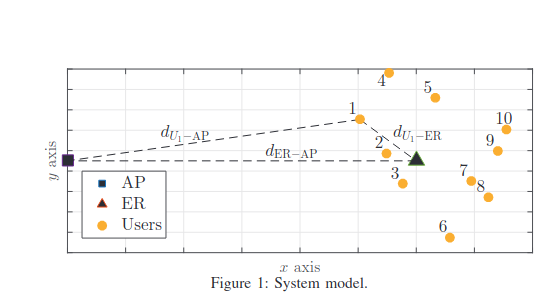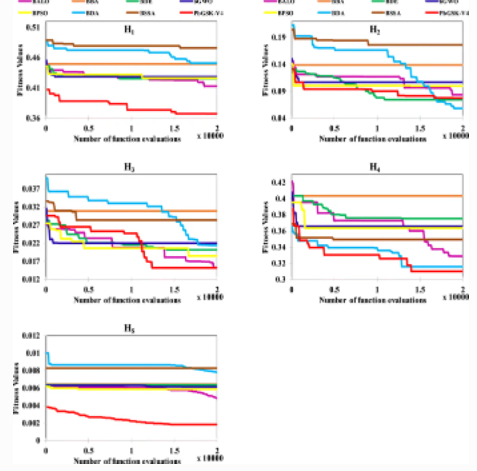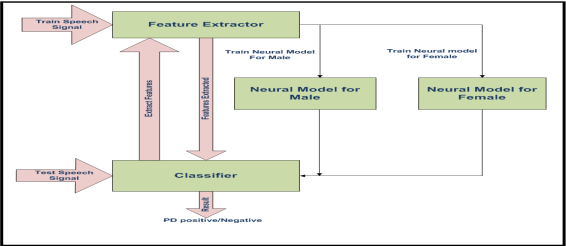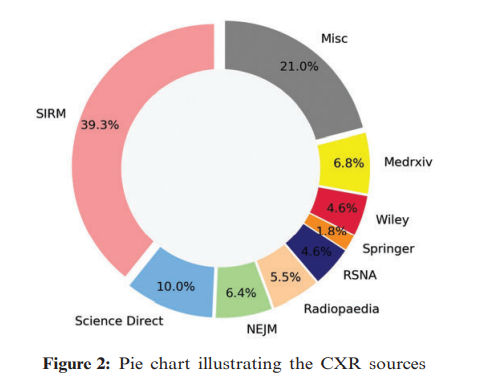
Non-Orthogonal Multiple Access schemes in Wireless Powered Communication Networks
We characterize time and power allocations to optimize the sum-throughput of a Wireless Powered Communication Network (WPCN) with Non-Orthogonal Multiple Access (NOMA). In our setup, an Energy Rich (ER) source broadcasts wireless energy to several devices, which use it to simultaneously transmit data to an Access Point (AP) on the uplink. Differently from most prior works, in this paper we consider a generic scenario, in which the ER and AP do not coincide, i.e., are two separate entities. We study two NOMA decoding schemes, namely Low Complexity Decoding (LCD) and Successive Interference Cancellation Decoding (SICD). For each scheme, we formulate a sum-throughput optimization problem over a finite horizon. Despite the complexity of the LCD optimization problem, due to its non-convexity, we recast it into a series of geometric programs. On the other hand, we establish the convexity of the SICD optimization problem and propose an algorithm to find its optimal solution. Our numerical results demonstrate the importance of using successive interference cancellation in WPCNs with NOMA, and show how the energy should be distributed as a function of the system parameters. © 2017 IEEE.



